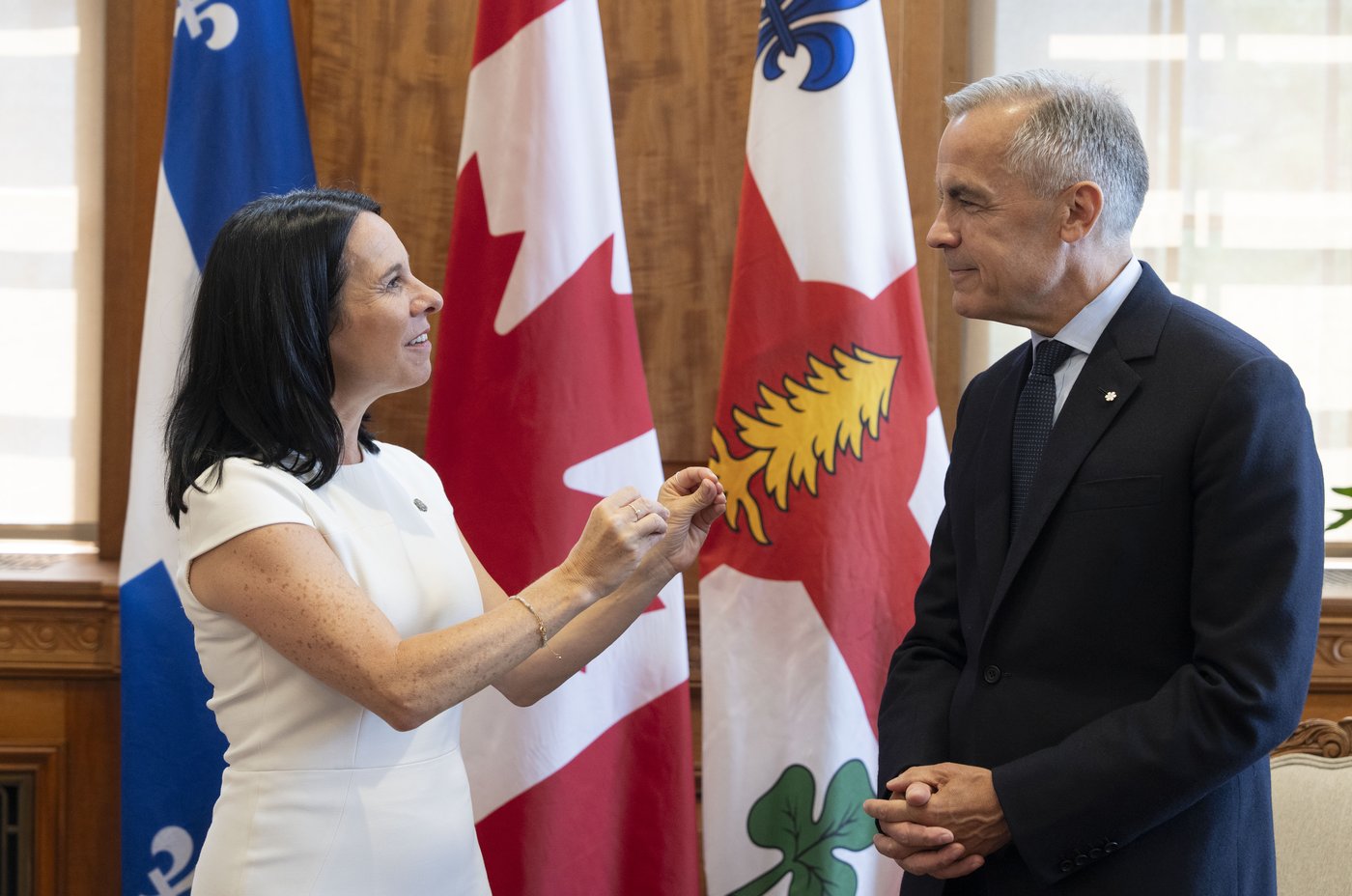Elevate your local knowledge
Sign up for the iNFOnews newsletter today!
Sign up for the iNFOnews newsletter today!
Selecting your primary region ensures you get the stories that matter to you first.

MONTREAL — More than 250 elected officials across Canada have signed onto a campaign calling on the federal government to prioritize major infrastructure projects that help in the fight against climate change.
Calling themselves the Elbows Up for Climate coalition, the officials say Canadians need projects that can protect the economy from the U.S. trade war but also that can help Canada transition away from fossil fuels, says co-chair Valérie Plante, mayor of Montreal.
“We can no longer think about the economy without also thinking about climate change,” she told The Canadian Press in a recent interview.
The coalition — composed mostly of mayors and councillors — says it’s concerned about the inclusion of fossil fuel expansion proposals on the list of projects the federal government wants to fast-track. Earlier this month, Prime Minister Mark Carney unveiled five “nation-building projects” aimed at making Canada “the strongest economy in the G7.” They include the expansion of LNG Canada in Kitimat, B.C., which would double liquefied natural gas production there.
Carney plans to fast-track the projects with a new law adopted in June in response to the tariffs the United States has imposed on Canada. The other projects include a first-of-its-kind small modular reactor in Clarington, Ont., a new copper and zinc mine in Saskatchewan and an expansion of the Red Chris Mine copper operation in northwestern B.C.
Instead, Plante and the other coalition members — including Mayor Corrie DiManno of Banff, Alta., and deputy Ottawa mayor Marty Carr — have their own list of major projects they say will “tariff-proof our economy and create a jobs boom in every community.” The projects include a national clean electric grid, a national high-speed rail network, and “at least two million non-market, energy-efficient homes.”
“Our voices are absolutely necessary, because right now one in four Canadians has experienced the impacts of climate change this past summer,” Plante said, such as forest fires, torrential rains, flooding, and fatal heat waves.
According to the coalition, 29 communities experienced extreme heat this summer. Unsafe air quality advisories were issued in 95 communities, with 54 impacted by forest fires. A total of 37 communities were forced to evacuate because of extreme weather events.
Many municipal governments across the country have taken a proactive approach to responding to extreme weather, Plante said, adding that what they need now is for the federal government to be equally invested in doing the same.
Plante said she’s on board with Carney’s approach to strengthening Canada’s economic sovereignty, but says it needs to be done through collaboration with municipalities.
“We want to be a partner and part of the conversation,” Plante said.
This report by The Canadian Press was first published Sept. 24, 2025.
This site is protected by reCAPTCHA and the Google Privacy Policy and Terms of Service apply.
Want to share your thoughts, add context, or connect with others in your community?
You must be logged in to post a comment.